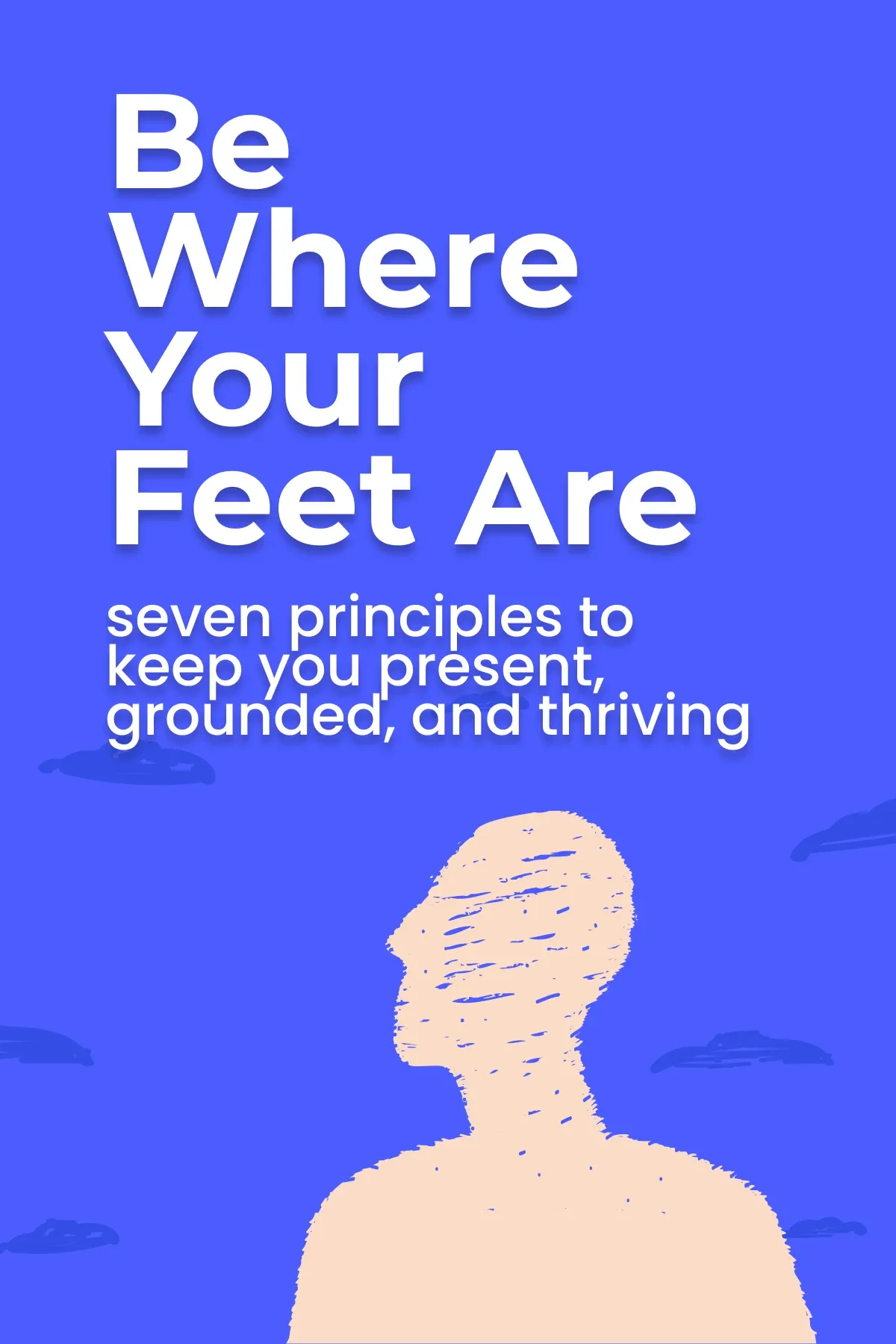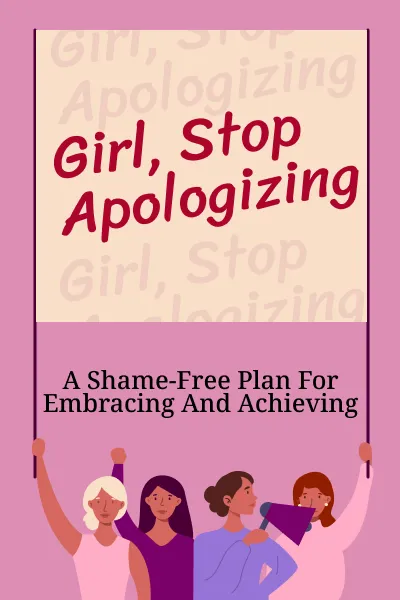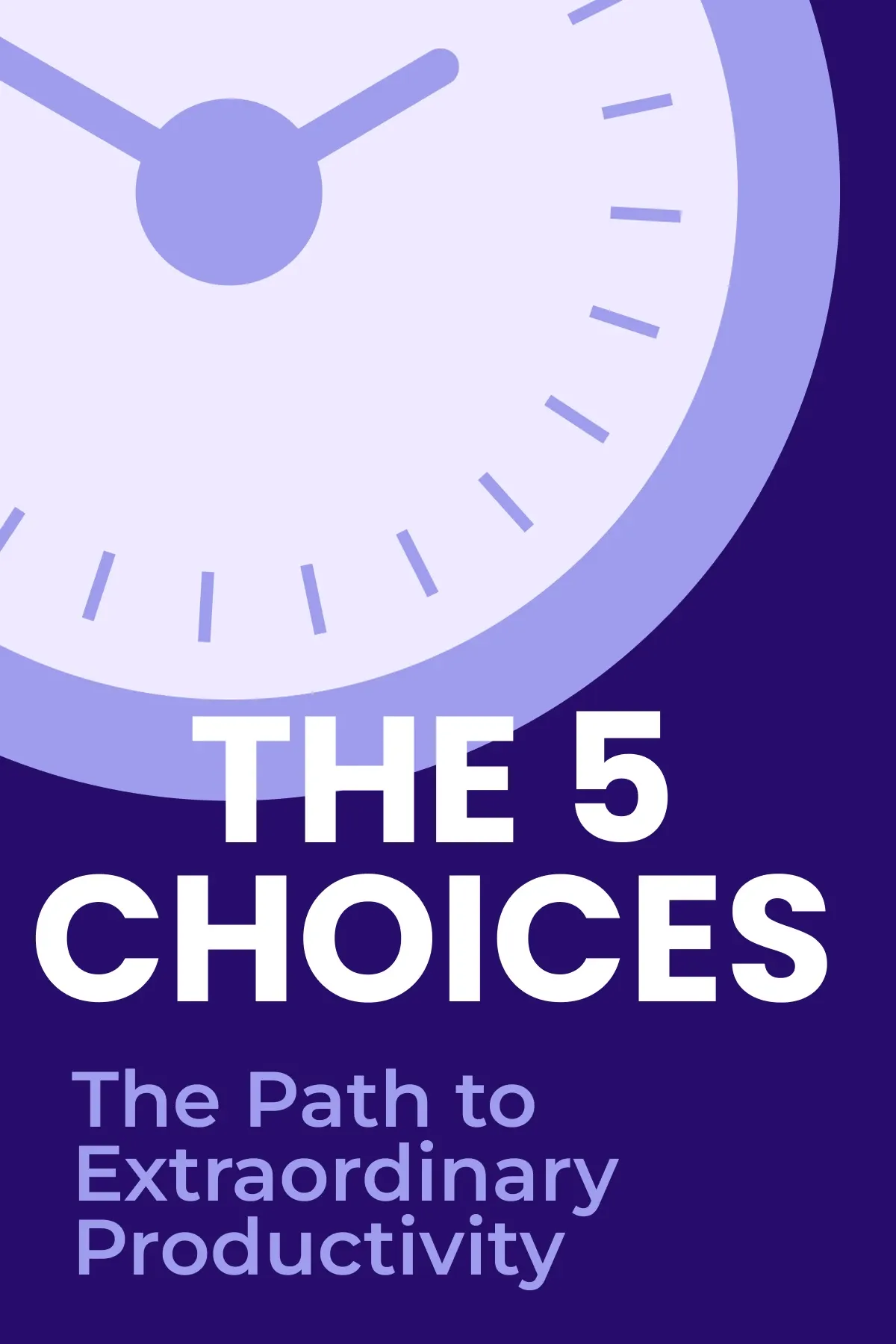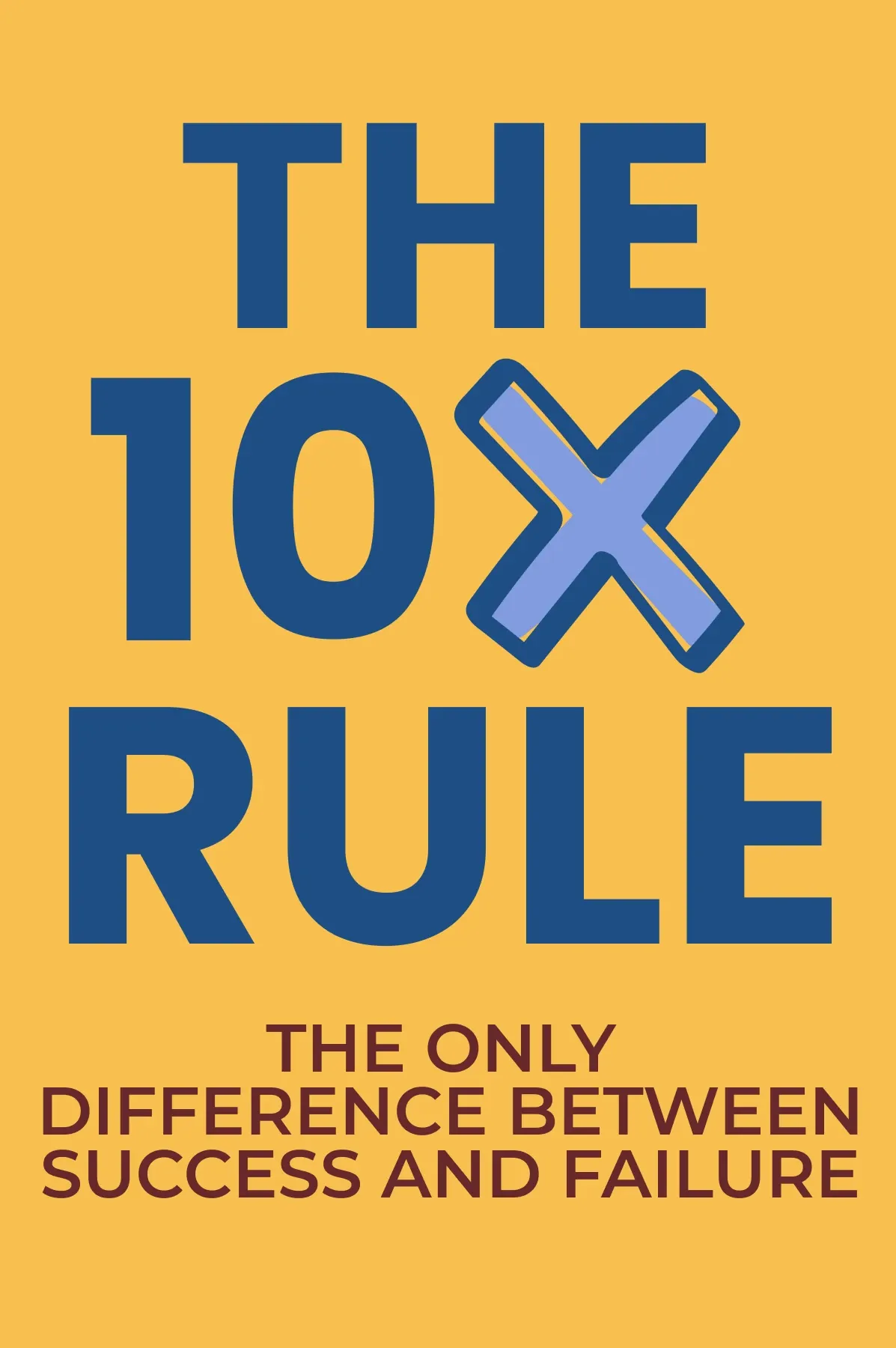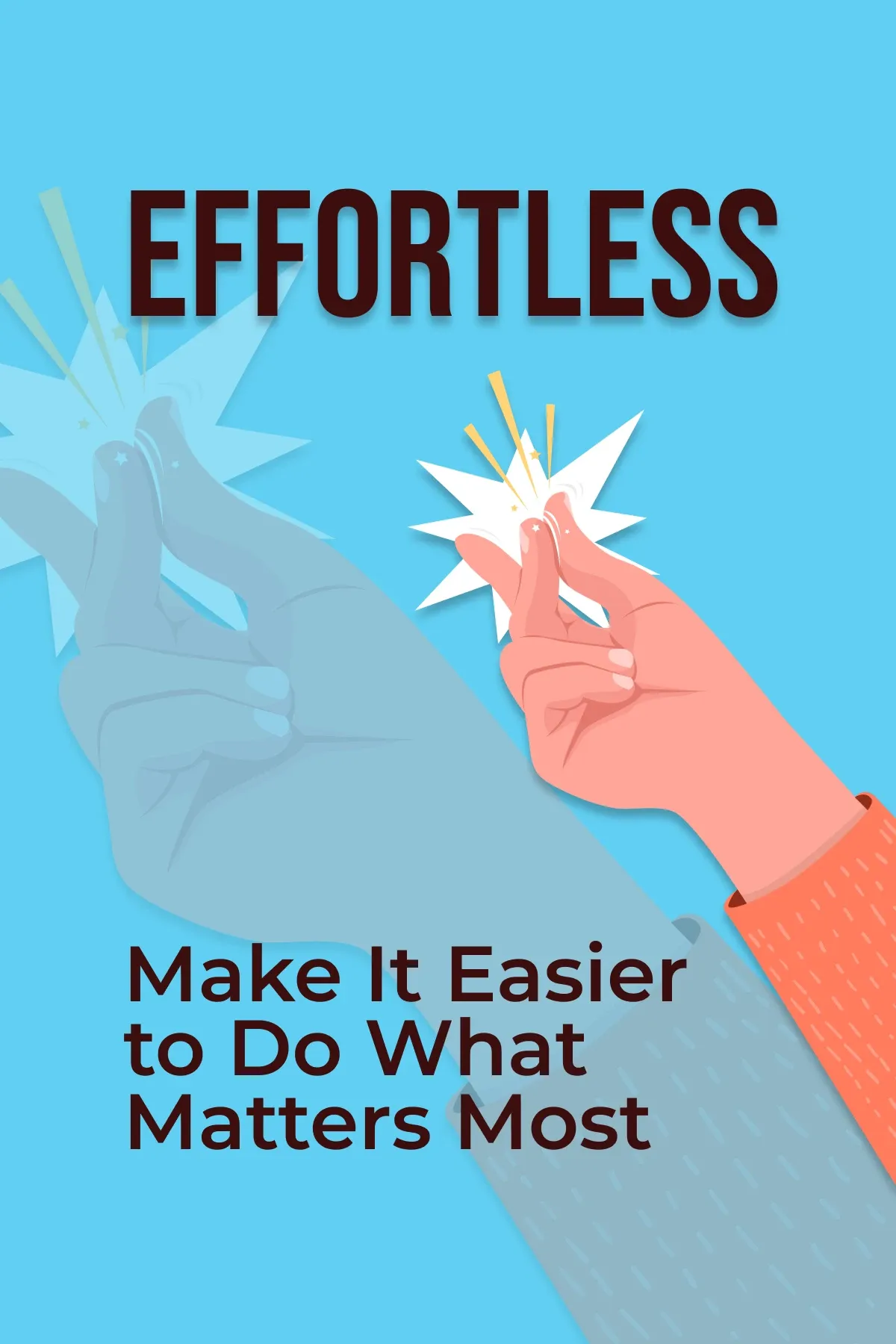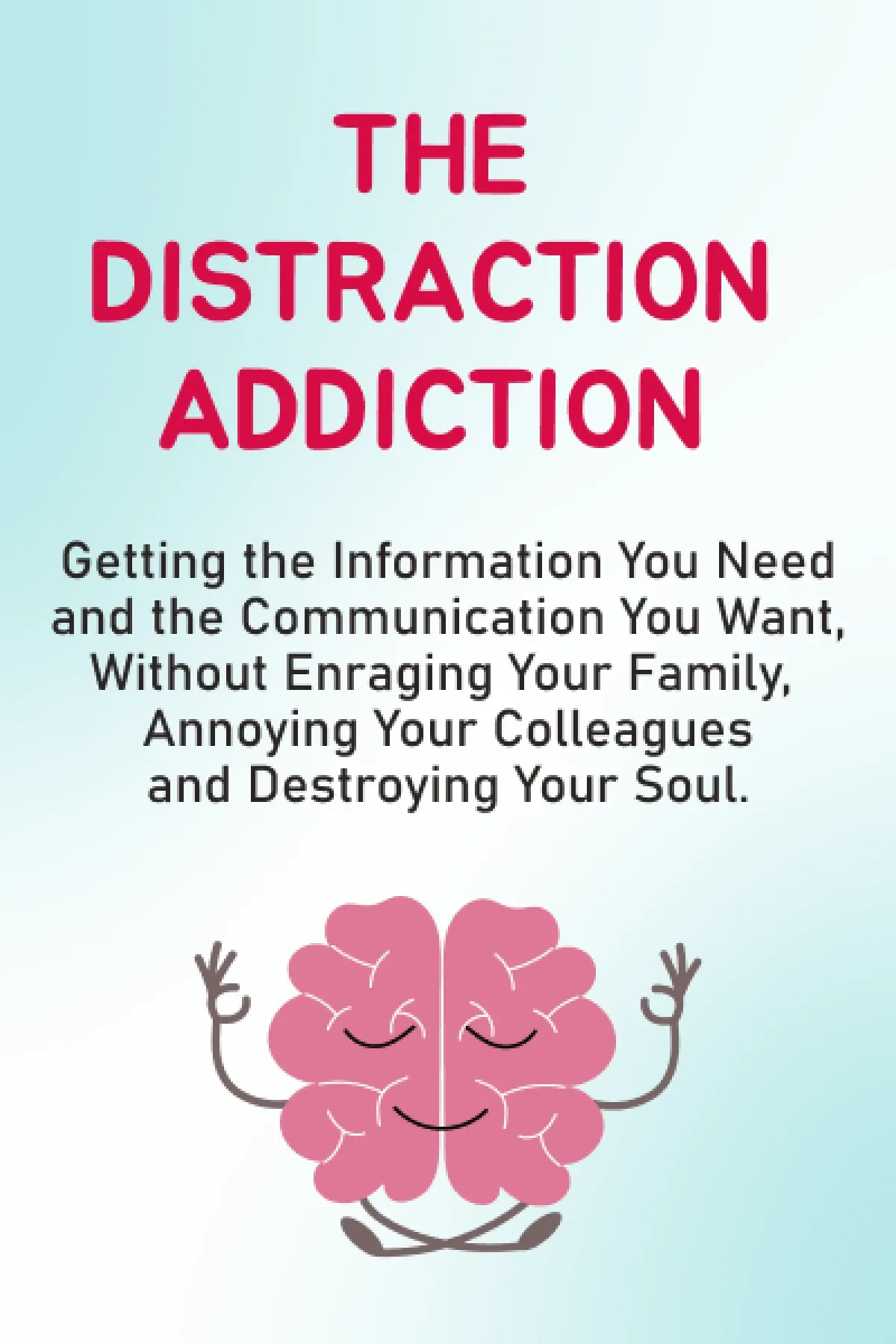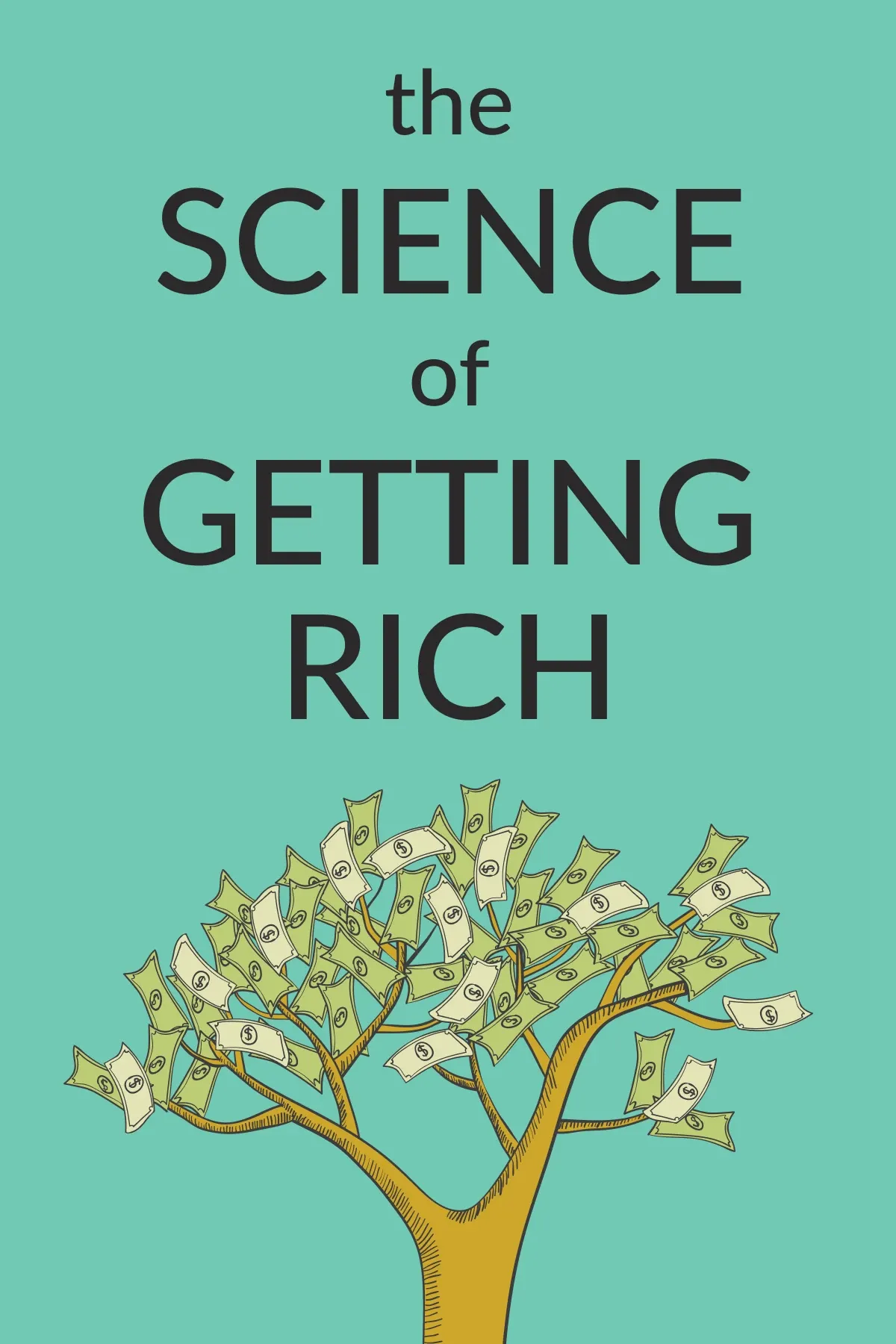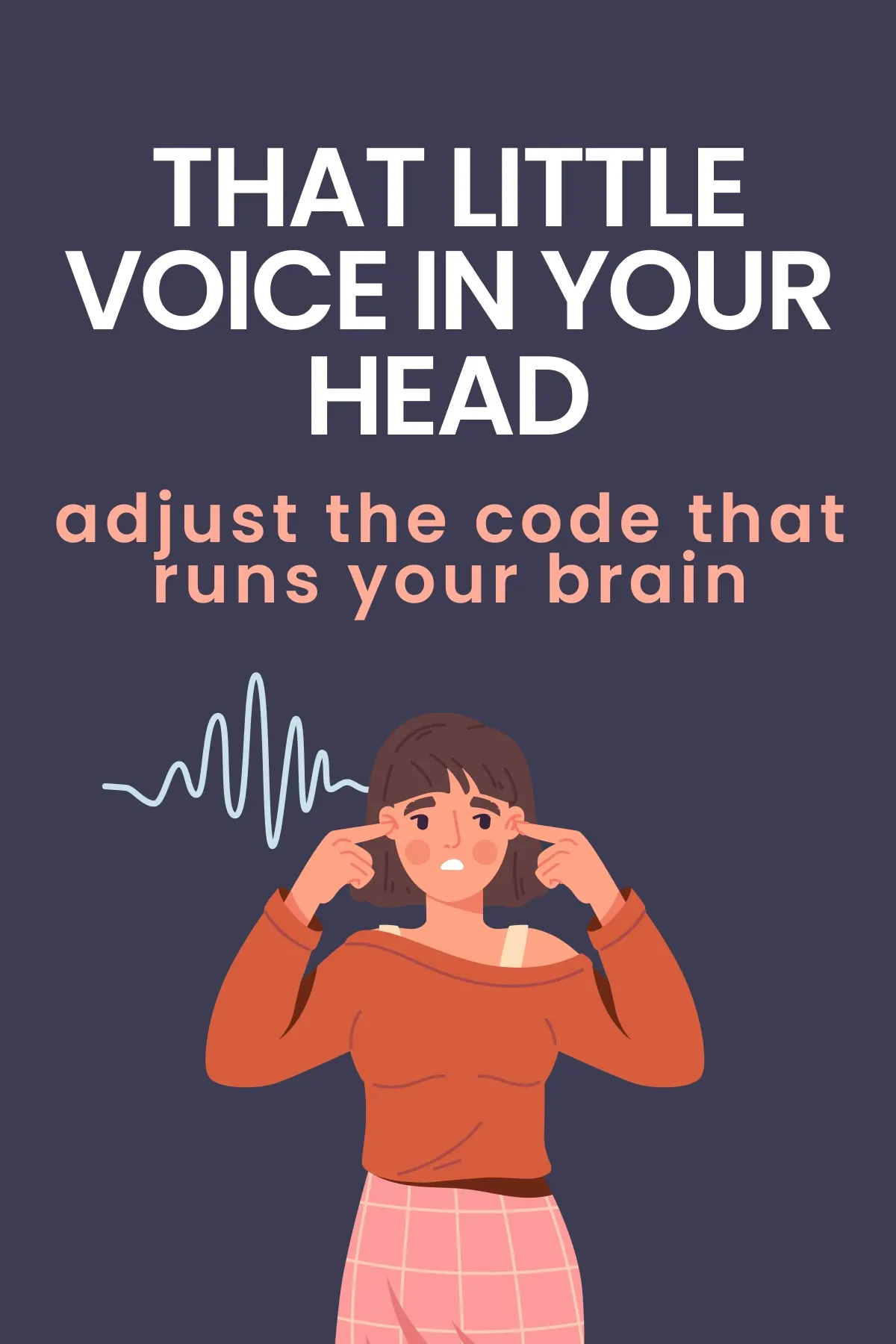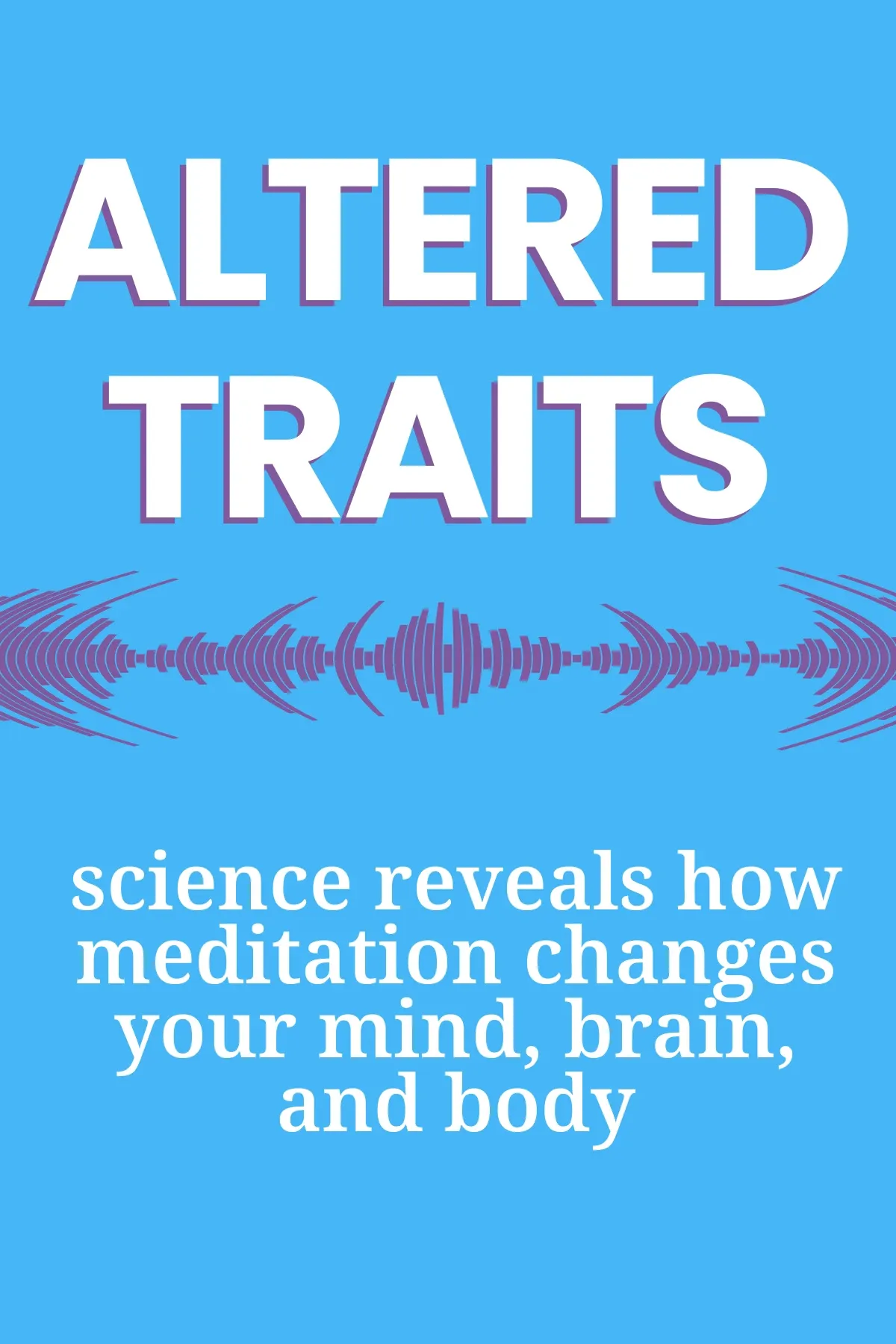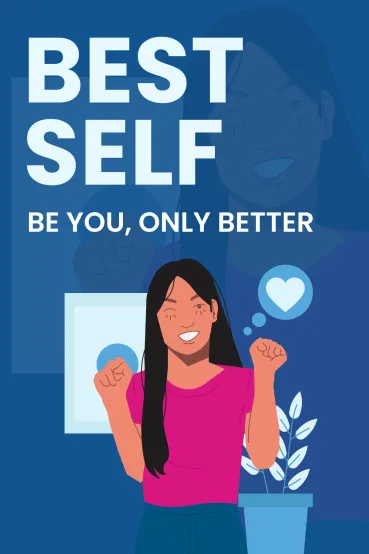
Best Self
Brief Summary
All people believe they know themselves ins and outs. But what if you don’t understand all the intricacies of yourself, which obstructs your personal growth? “Best Self” by Mike Bayer presents insights into overcoming obstacles to becoming the best version of oneself
Key points
Key idea 1 of 5
People might believe they know everything about themselves. However, they don’t usually understand their inner selves. Despite hearing about their uniqueness, there's often a sense of disconnect within, a feeling that doesn't quite match their true essence.
Here’s something that we don’t learn at school: you have two inner selves. No, it’s not that you’re insane. One is your most radiant self, or simply said, whom you desire to be. The other is your toxic anti-self. It’s exactly what stops us from reaching our full potential. Both of them are rather patterns of your behavior. Yet, it is vital to understand their nature so you know where one or the other needs to take the lead.
For the first one, writing down a list of your positive traits can be helpful. You may already have or desire to have them, but jotting them down is significant. Then, try to picture the person with all those traits. It could be any character that you paint and stick their drawing on the wall. Once you've done this, think of ten things you’re grateful for. This will help you connect with your most radiant self and focus on the positive aspects of your life.
While your most radiant self is all about envisioning your best traits, your toxic anti-self is about determining your flaws. Usually, our toxic selves take charge when we face despair. No wonder we don’t want to encounter this side of our personalities often. To understand what stands behind this, the algorithm is similar to what you did for your most radiant self. First, determine your negative traits. It may be hard to face your flaws and take stock of them. Yet, it’s vital for the next step, which is visualizing your toxic self. Look back on five incidents of your poorest behavior and analyze them. Most likely, you’d wish to act differently. This process will help you become more self-aware and improve your future responses.
FAQ
You may also like these summaries


